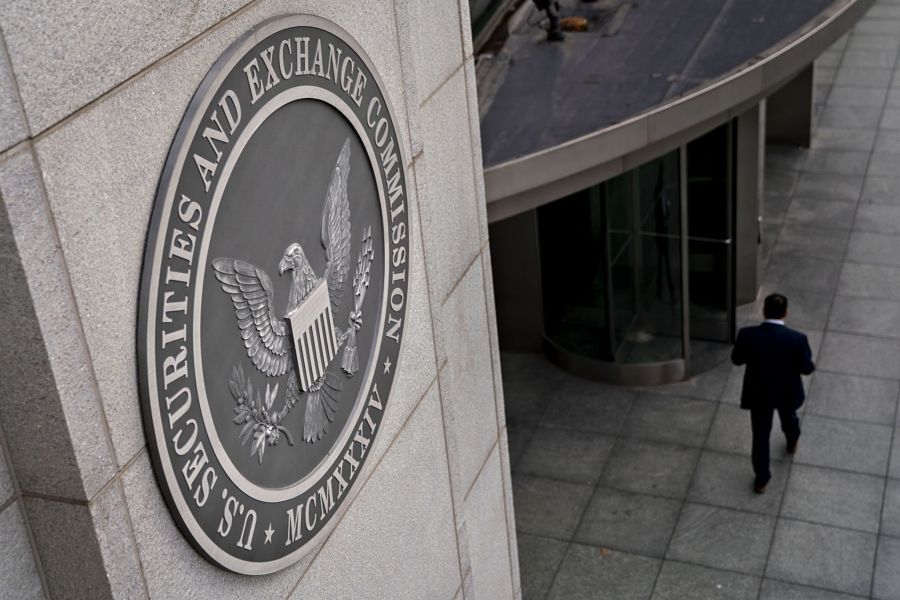Securities and Exchange Commission member Hester Peirce said the agency will not try to determine whether environmental social and governance investing is good or bad, but rather will focus on whether investment advisers are following the ESG strategies they’re promoting.
In a statement released Monday, Peirce provided her interpretation of a recent SEC risk alert on ESG investing that warned advisers, investment companies and funds about compliance shortcomings. The alert said recent examinations have found instances of misleading claims as well as inadequate policies, procedures and documentation regarding ESG products and portfolios.
“Our examiners are not — and will not be in this space — merit regulators,” Peirce said. “The SEC’s role is not to assess whether any particular strategy is a good one, but to ensure that investors know what they are getting when they choose a particular advisers, fund, strategy or product.”
The SEC evaluates ESG strategies the same way it assesses other investment approaches, Peirce said.
“Firms claiming to be conducting ESG investing need to explain to investors what they mean by ESG and they need to do what they say they are doing,” she said. “The same rule applies no matter what label an adviser puts on its products and services.”
She also said the SEC will not assess whether an investment strategy is consistent with an ESG approach.
“The staff’s role is not to second-guess investment decisions through an SEC-created ESG scoring system; rather, it is to understand whether firms are adhering to their own ESG claims,” Peirce said.
Peirce and Elad Roisman are Republican SEC commissioners. They will soon be in a 3-2 minority when Gary Gensler, the Biden administration’s nominee for SEC chairman, is confirmed by the Senate and gives the agency a majority of Democratic members.
As ESG investing becomes more popular and products proliferate, advisers and funds are trying to get their arms around the phenomenon as well as related regulation. Peirce’s statement will give them some guidance on how to interpret the risk alert, Holly Smith, a partner at Eversheds Sutherland.
“I am not reading this as being contrary to the risk alert,” said Smith, a former SEC counsel. “It’s helpful in terms of providing context and her point of view.”
The risk alert was the latest move the SEC has made to emphasize ESG oversight. In recent weeks, the agency also has ramped up reviews of corporate climate disclosures, formed an enforcement task force on ESG and climate issues and released a request for public comment on ESG and climate-risk disclosures.
The focus on ESG and climate-risk has been driven by SEC Acting Chair Allison Herren Lee, a Democrat. It almost certainly will continue under Gensler. Peirce and Roisman have pushed back against the elevation of ESG policy by their Democratic colleagues.
Despite the increasing political tension, it’s clear the SEC is going to concentrate on ESG for the foreseeable future.
“You need to tailor your compliance program so that it takes into account the attributes of ESG strategies and disclosures,” Smith said.








